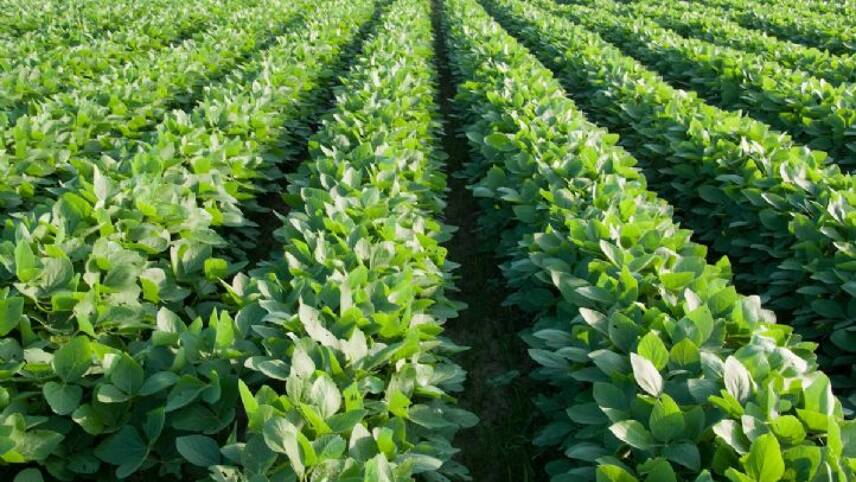Register for free and continue reading
Join our growing army of changemakers and get unlimited access to our premium content

With the world’s population widely expected to grow to more than nine billion people by 2050
Announced on Thursday (28 March), the commitment will see Aldi work to ensure that all the soy used in its products and throughout its own-brand meat, fish, egg and dairy supply chains comes from “deforestation-free” sources” within the next five years.
The retailer will initially purchase credits through the global Roundtable on Responsible Soy (RTRS) to verify that its suppliers are “actively engaged” with responsible production techniques and are producing soy to the RTRS’s accreditation standards.
As time goes on, Aldi will then begin to source certified soy through area mass-balance supply chain models, which will see the retailer monitor the trade of certified soy across its entire supply chain and work to stimulate the wider sustainable soy market. The end goal is for Aldi to source from 100% physically certified farms and to avoid the use of credits altogether.
“Global demand for protein has led to a dramatic increase in soy production in recent years, and we need to collectively take action to mitigate against the effects,” Aldi UK’s managing director of corporate responsibility Fritz Walleczek said.
“Forests across the world, and particularly South America, are under increased pressure. Through working with our suppliers and industry stakeholders, we hope to help halt deforestation and protect these biodiversity-rich areas.”
Sustainable soy leadership
Aldi is already a member of the UK Roundtable for Sustainable Soy and the RTRS, the latter of which has also received the support of competitors Lidl, Morrisons and Asda. It claims to be the first UK-based supermarket to have joined both collaborative projects.
The supermarket has also signed the Cerrado Manifesto, which calls for zero-deforestation in Brazil’s Cerrado region, where around 50% of the natural landscape is believed to have been lost since 2000.
Along with corporate buyers such as Unilever, Tesco and Marks and Spencer (M&S) and investors including Legal and General Investment Management (LGIM), APG and Robeco, Aldi has committed to help halt forest and native vegetation loss in the region.
Indeed, this week’s move from Aldi is the latest in a string of sustainable soy commitments from UK supermarkets. In recent months, Asda has pledged to ensure that the soy it sources for agricultural raw materials and animal feed is “net-zero deforestation” verified by 2020 as part of a partnership with the Consumer Goods Forum, while Tesco has committed to source its soy solely from existing agricultural land by 2025, with a soy credit offsetting scheme having begun last July.
Sarah George


Please login or Register to leave a comment.